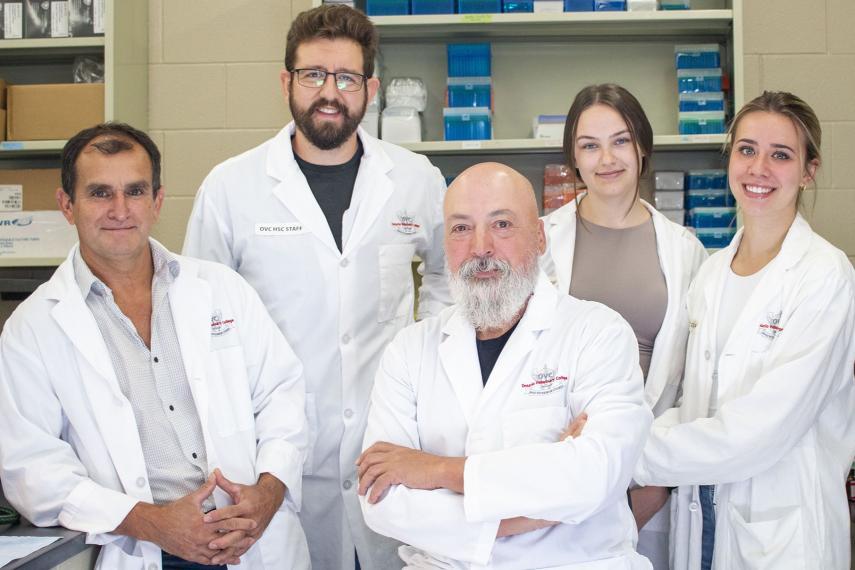Groundbreaking Vaccine Development Surpasses $1 Million in Royalties

A licensed patent for a vaccine against the common bacterial infection Clostridioides difficile (C. diff), developed by chemistry professor Dr. Mario A. Monteiro, has just earned its first $1 million in royalties for the University of Guelph (U of G).
Innovative Discovery and Patent Journey
In 2007, Monteiro and his PhD student Jeya Ganeshapillai mapped out the structure of a polysaccharide on the surface of C. diff, the leading cause of healthcare-associated infectious diarrhea in Canada. They tested a glycoconjugate vaccine, which binds polysaccharide to a protein to stimulate the immune system, ensuring a robust response. Their discovery won the U of G's Innovation of the Year Award in 2016.
Through U of G’s Research and Innovation Office (RIO), Monteiro and Ganeshapillai filed patents in 12 countries for their discovery in 2008. The patent process varies by country, but on average it takes five years for approval, with patents being active for 20 years from the filing date.
“One of the challenges we face is finding the balance between celebrating our research publicly and delaying the release of those critical details needed to secure the intellectual property of our patent,” said Monteiro.
Monteiro’s lab in U of G’s Department of Chemistry is one of a few in the world that develops carbohydrate-based vaccines; most current vaccine candidates focus on targeting bacterial proteins.
In 2022, four vaccine innovations developed by Monteiro and team, including the C. diff vaccine, were listed by the World Health Organization (WHO) for potential use in treating what medical experts call a “hidden pandemic.”
Commercialization and Financial Milestones
The C. diff vaccine patent was licensed in 2017 by Matrivax, a Boston-based biotech company focused on human vaccine development. Since U of G owns the patent, Matrivax pays royalties and milestone fees following any successes with the vaccine.
“This milestone is significant because it is a relatively unique success for a patented innovation to hit this $1 million milestone,” said Dr. David Hobson, Manager of Technology Transfer & Entrepreneurship at U of G’s RIO. “It speaks to the research innovation happening in U of G labs and facilities.”
Royalty fees for vaccines come from sales, typically about 3-6 per cent, meaning most vaccines become profitable only after hitting the market. For a vaccine to reach the market, preclinical and clinical trials must prove its safety and efficacy via standards outlined by Health Canada and the FDA. Preclinical testing done on specialized mice showed promising results in preventing C. diff infections. The next step is to prepare for Phase 1 clinical trials.
“Clinical trials are a significant hurdle due to their high cost and the tremendous boost in value if they secure regulatory approval. Since the C. diff vaccine is patented in 12 countries and has already made $1 million despite not entering clinical trials yet, the revenue from licensing this patent has only begun,” said Hobson.
This article was originally published in the CEPS 2023-24 Annual Report.